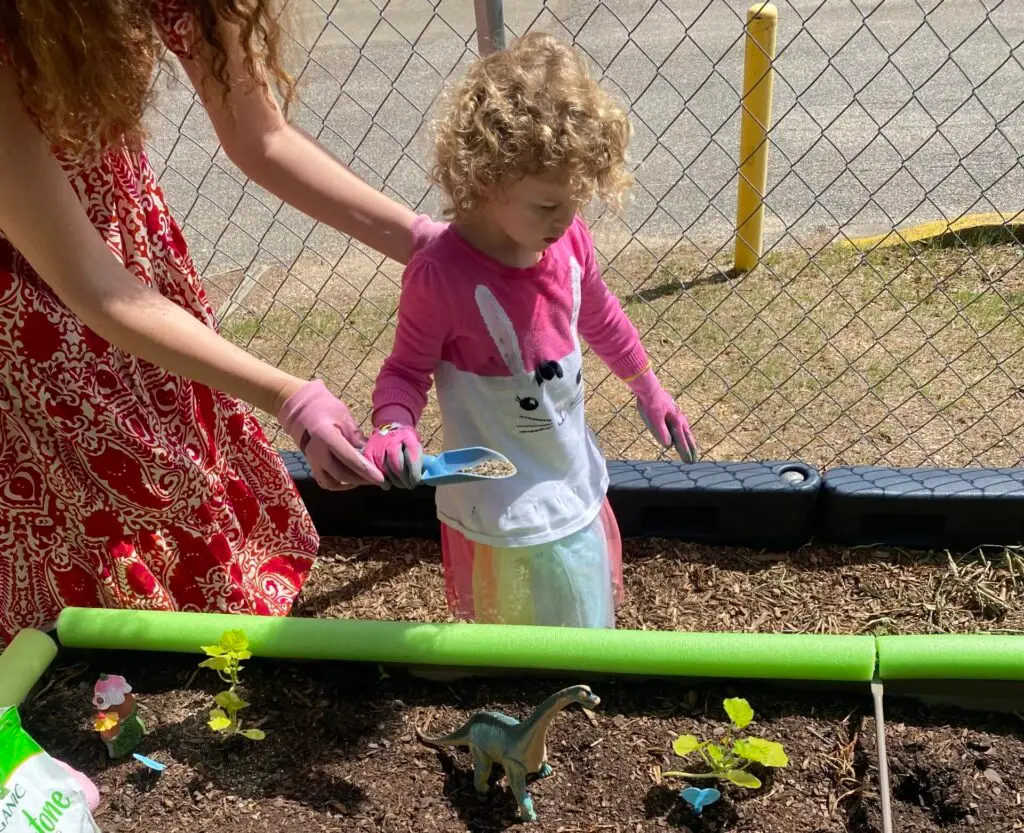This article has been written by Alicia Jordan, a partner of the Alabama Farm to ECE Coalition. Alicia is a dedicated small farmer with a passion for sustainable agriculture and community engagement. As the owner of Boots on the Farm Consulting, LLC, she combines her background as a former early childhood education teacher with her love for the land to nurture growth in both crops and young minds.
As a Boots on the Farm consultant, I have the privilege of seeing firsthand how nature can positively impact children. One of the most rewarding experiences I’ve observed is how early childhood gardening can provide rich sensory benefits that support holistic development. Gardening is not just about planting seeds and harvesting vegetables; it’s a powerful tool for sensory exploration and learning.
Touch: Exploring Textures and Temperatures
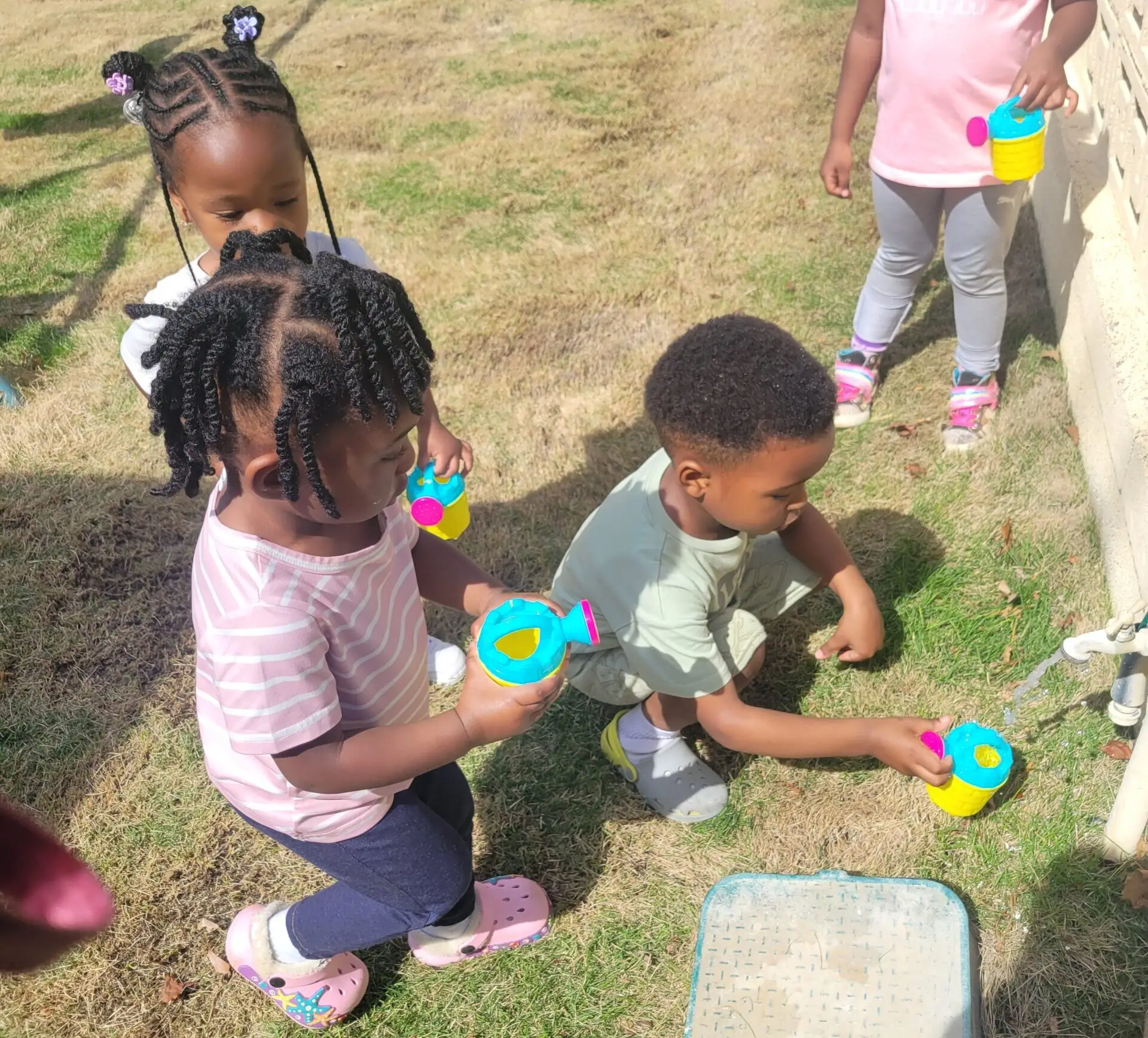
Gardening offers a variety of tactile experiences for young children. From the softness of petals to the roughness of bark, and the moist soil to the cool water, children engage their sense of touch in ways that are both stimulating and soothing. Digging in the dirt, feeling the textures of different leaves, and holding smooth stones can all help improve fine motor skills and sensory integration.
Sight: A Kaleidoscope of Colors and Shapes
A garden is a vibrant palette of colors and shapes that captivate children’s attention and curiosity. Observing the changing colors of the seasons, the myriad hues of flowers, and the diverse shapes of leaves and plants can enhance visual perception and awareness. It also encourages observational skills and fosters a sense of wonder and appreciation for the natural world.
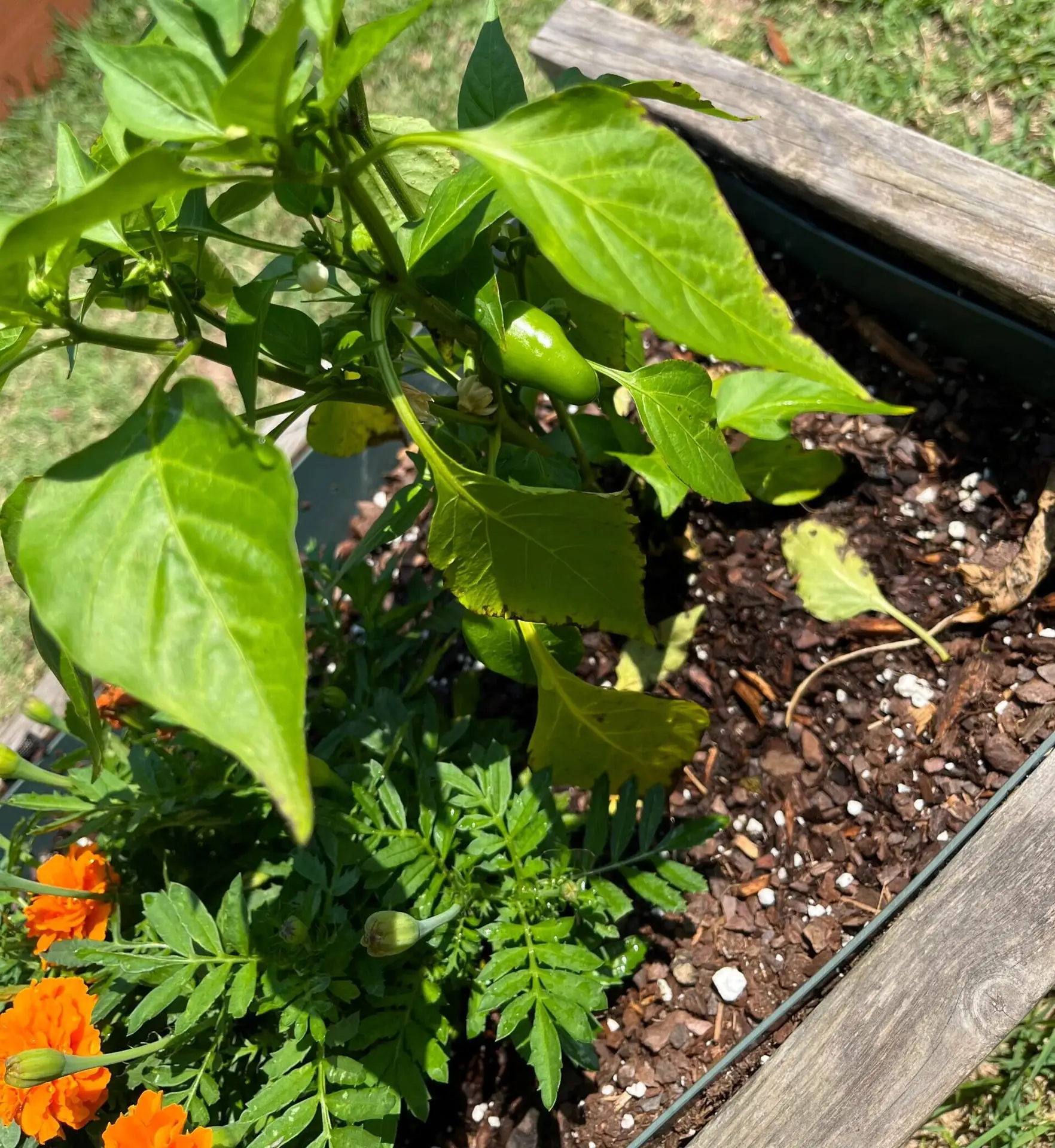
Smell: Aromatic Adventures
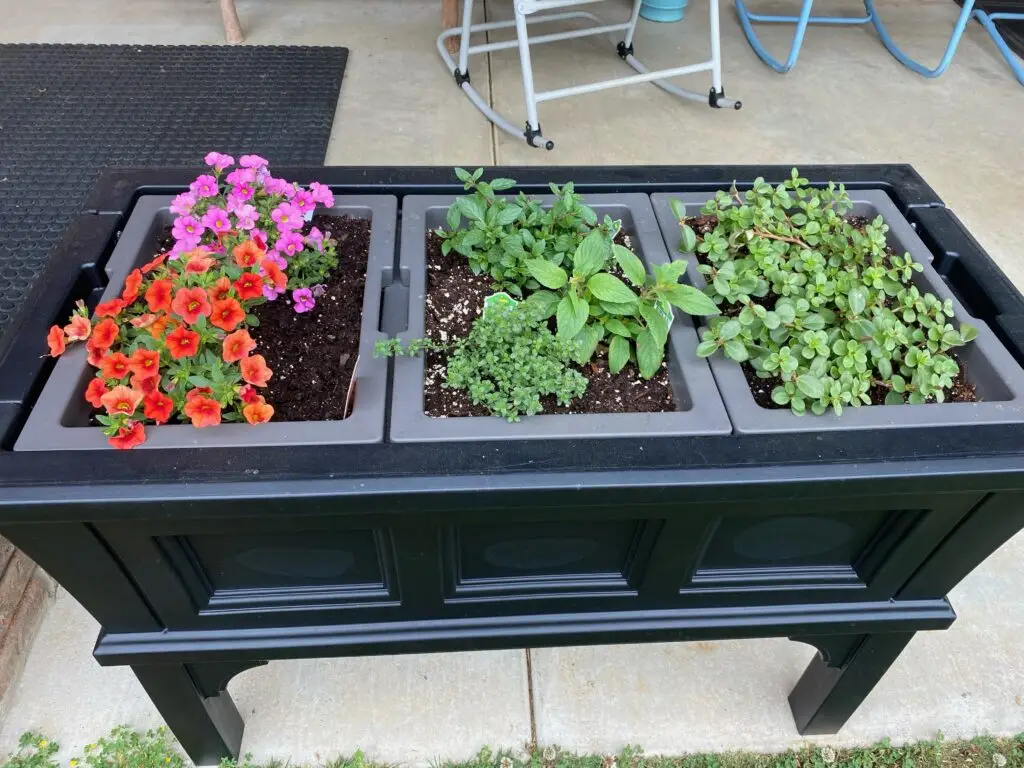
The garden is a feast for the olfactory senses. The scent of fresh herbs like mint and basil, the fragrance of blooming flowers, and even the earthy smell of the soil can be incredibly stimulating for young noses. These aromatic experiences not only bring joy but can also trigger memories and emotions, playing a role in emotional development and sensory processing.
Taste: Fresh Flavors and New Foods
Gardening provides a unique opportunity for children to taste fresh, homegrown produce. Eating vegetables and fruits straight from the garden can encourage healthy eating habits and a willingness to try new foods. The difference in taste between garden-fresh and store-bought can also help children appreciate where their food comes from and the effort involved in growing it.
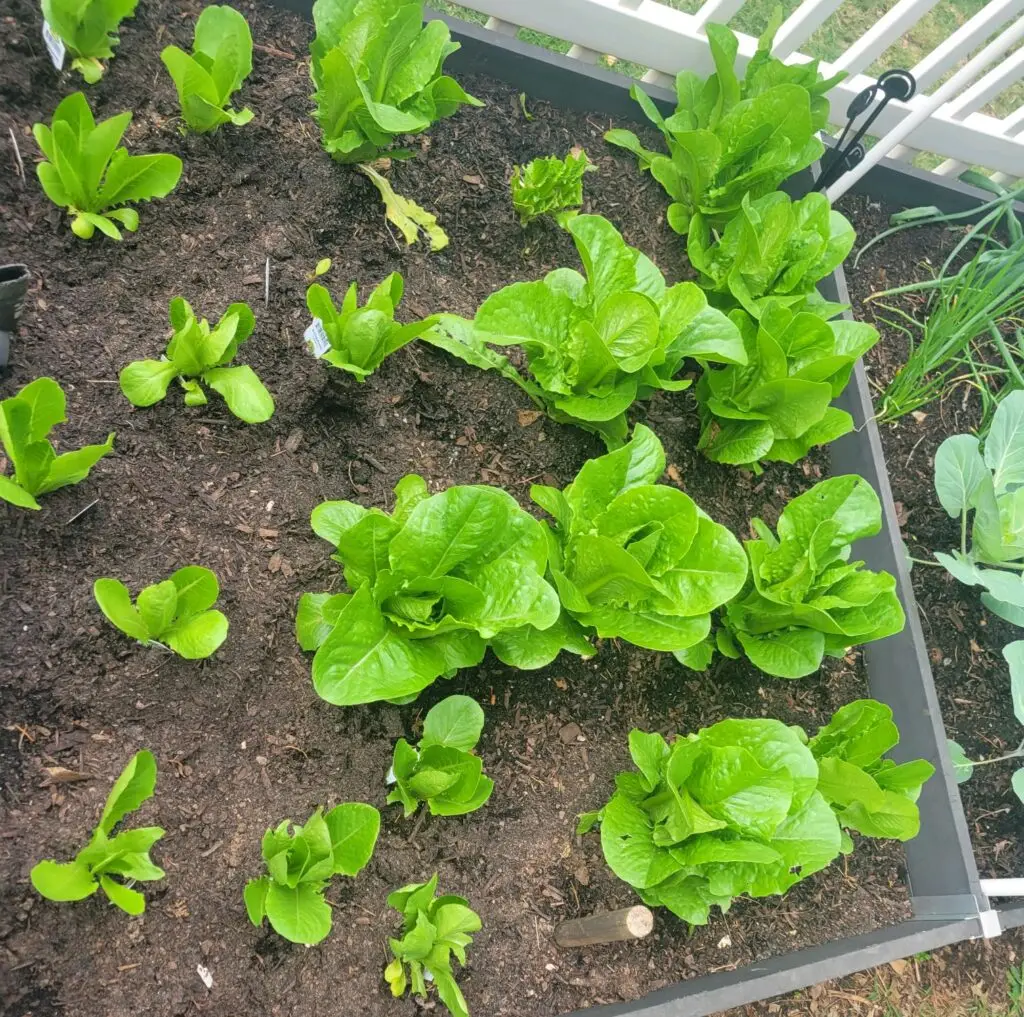
Sound: The Symphony of Nature
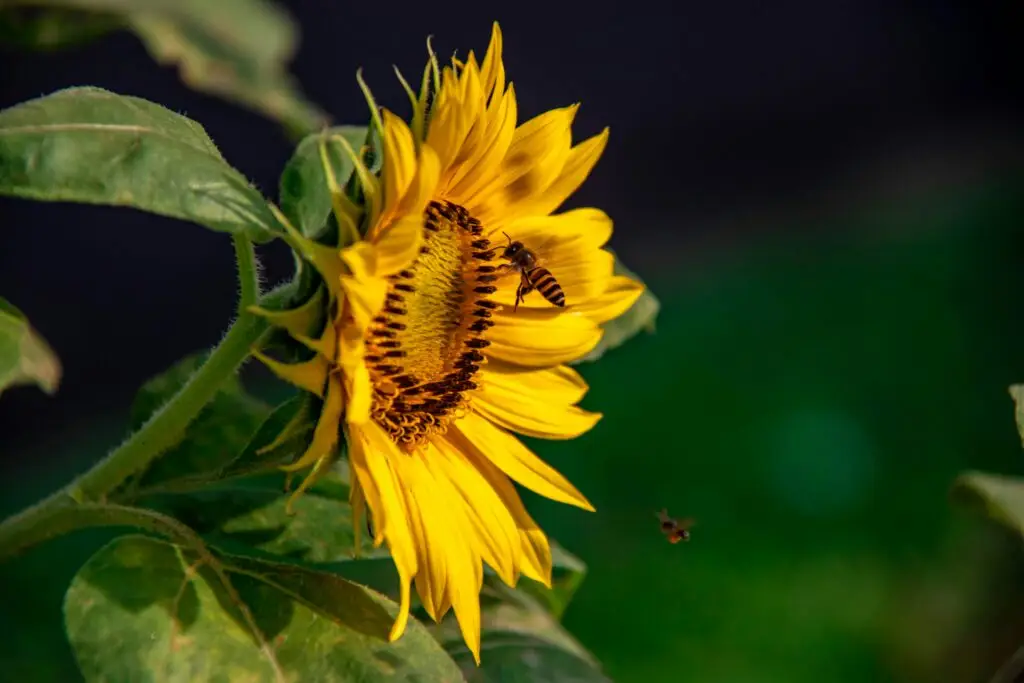
The garden is alive with sounds that children might not notice in their everyday environment. The rustling of leaves in the wind, the chirping of birds, the buzzing of bees, and the patter of raindrops create a natural symphony. These sounds can be both calming and stimulating, helping children develop auditory discrimination and attention to detail.
Emotional and Social Benefits
Beyond the sensory experiences, gardening also nurtures emotional and social development. It teaches patience and responsibility as children learn to care for plants over time. Working in a garden can foster teamwork and cooperation when children garden together, sharing tasks and learning to communicate effectively.
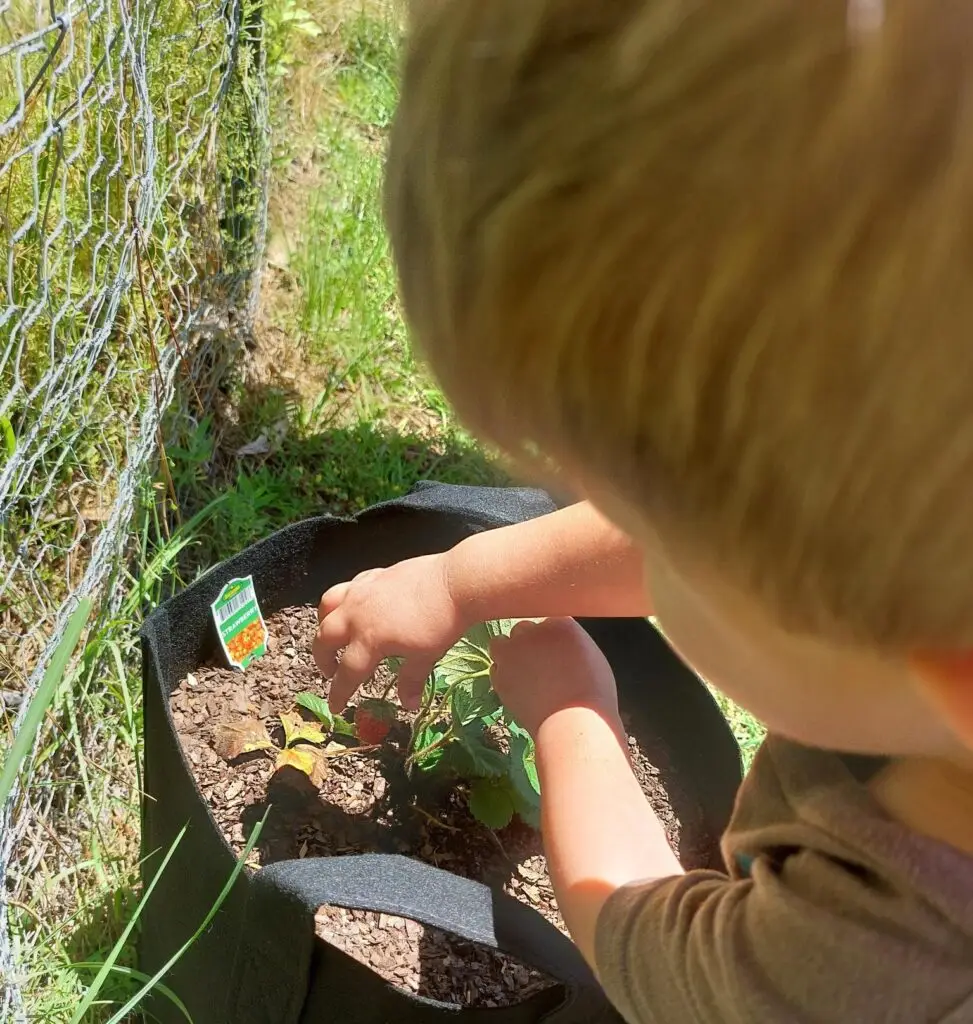
Cognitive Growth
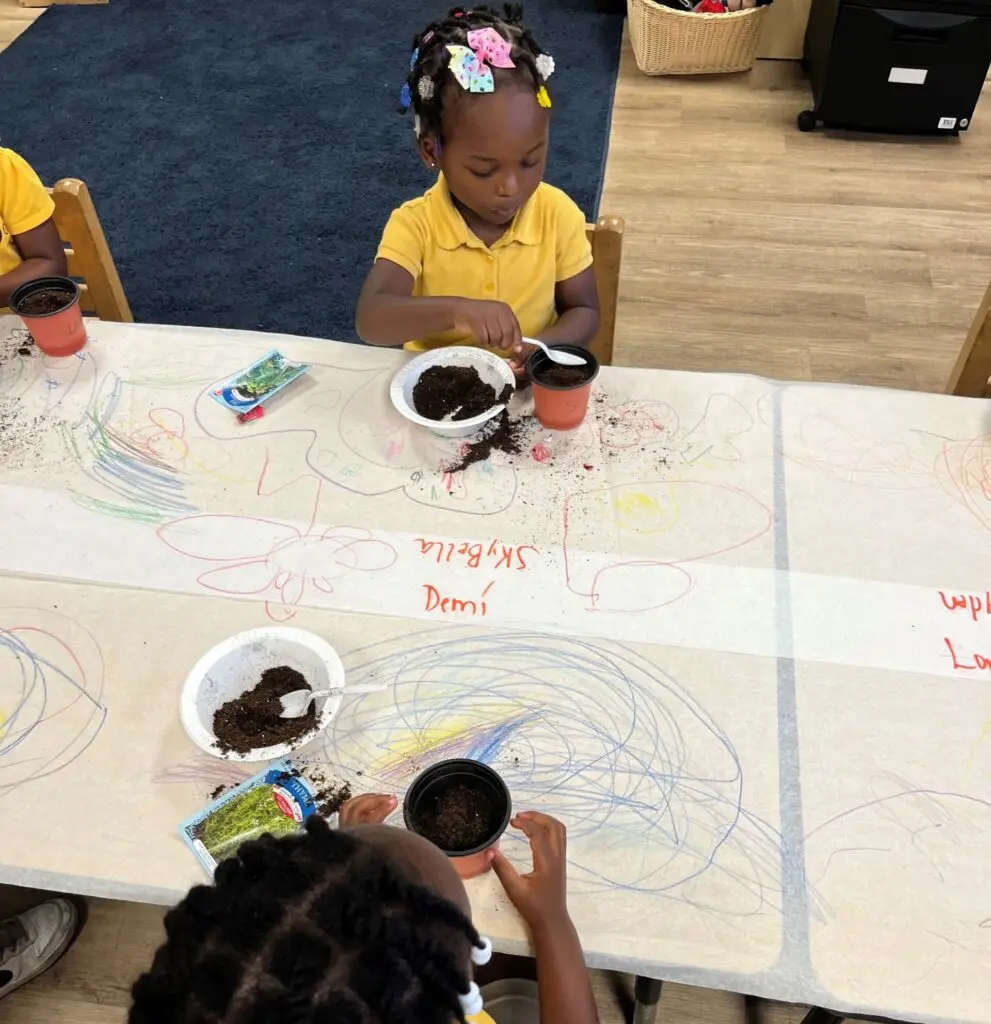
Gardening is a hands-on way to learn about science, math, and the environment. Counting seeds, measuring soil, understanding plant life cycles, and observing growth patterns all contribute to cognitive development. It promotes curiosity, critical thinking, and problem-solving skills.
Conclusion
Gardening is more than just an activity; it’s a multi-sensory experience that offers countless benefits for early childhood development. By engaging their senses, children can connect with nature in meaningful ways, fostering a lifelong love for the outdoors and healthy habits. As a Boots on the Farm consultant, I encourage parents, caregivers, and educators to introduce children to the joys of gardening. The sensory adventures they embark on in the garden will nurture their growth in more ways than one.
Happy gardening!
– Alicia Jordan, Boots on the Farm Consultant
